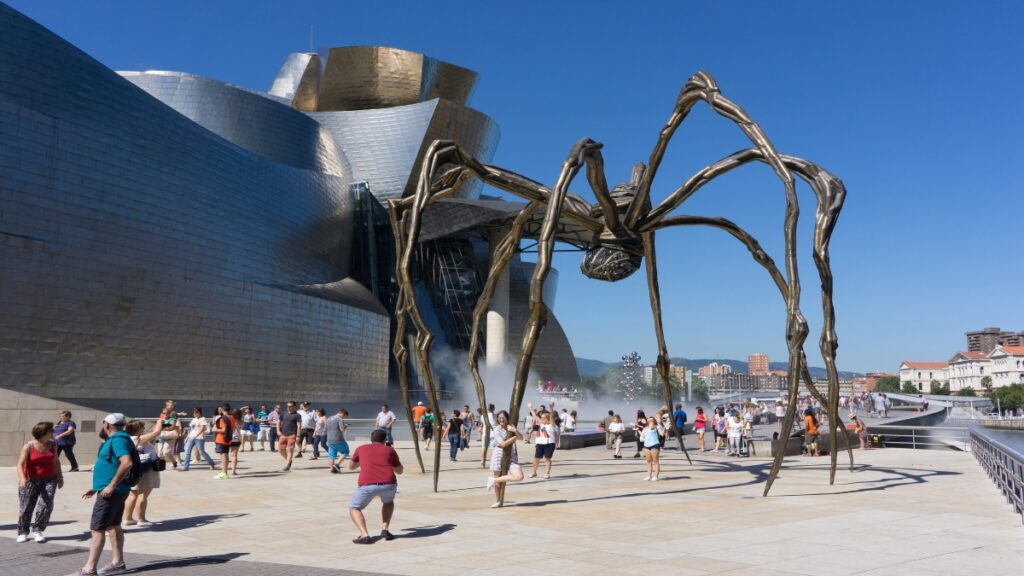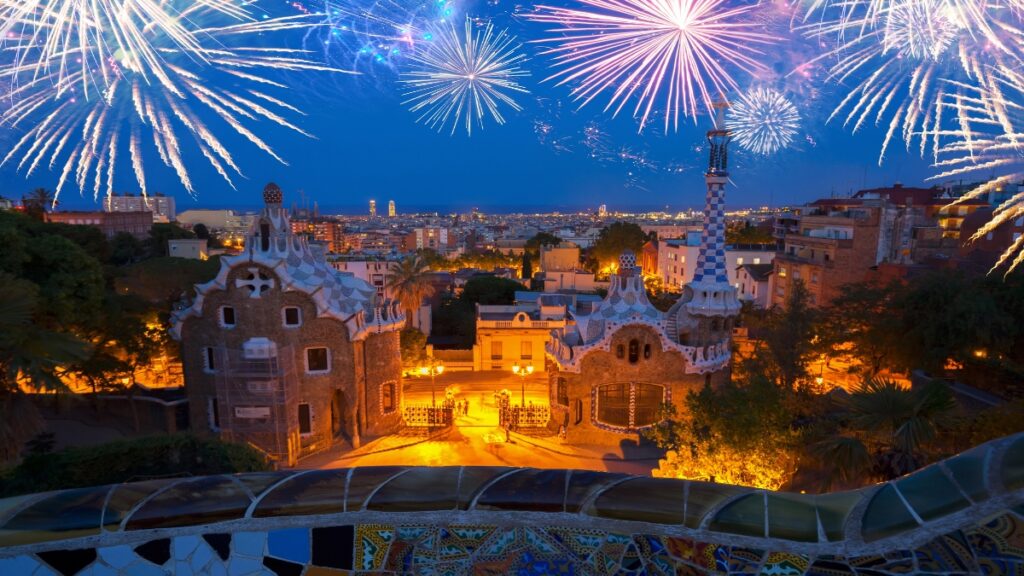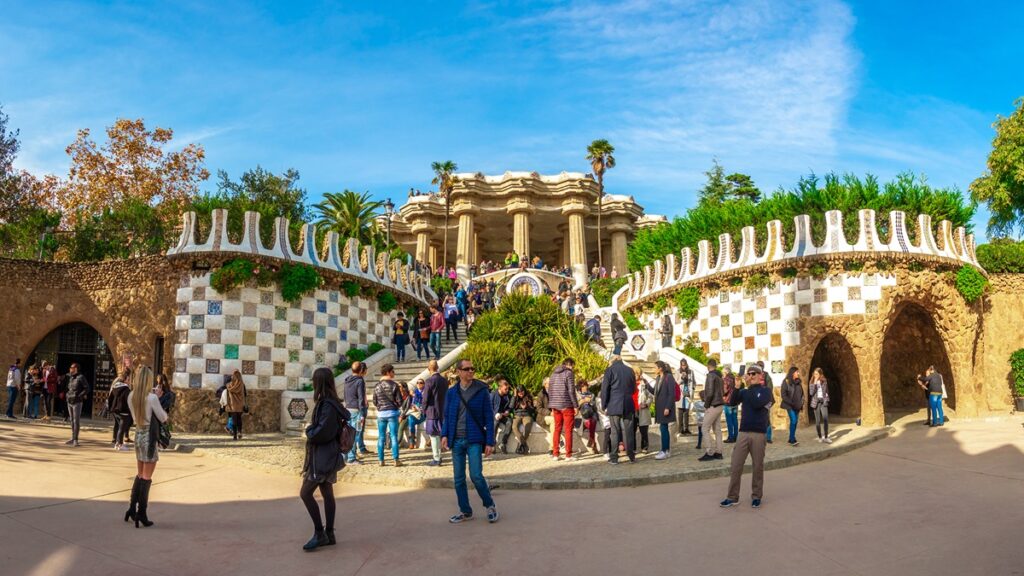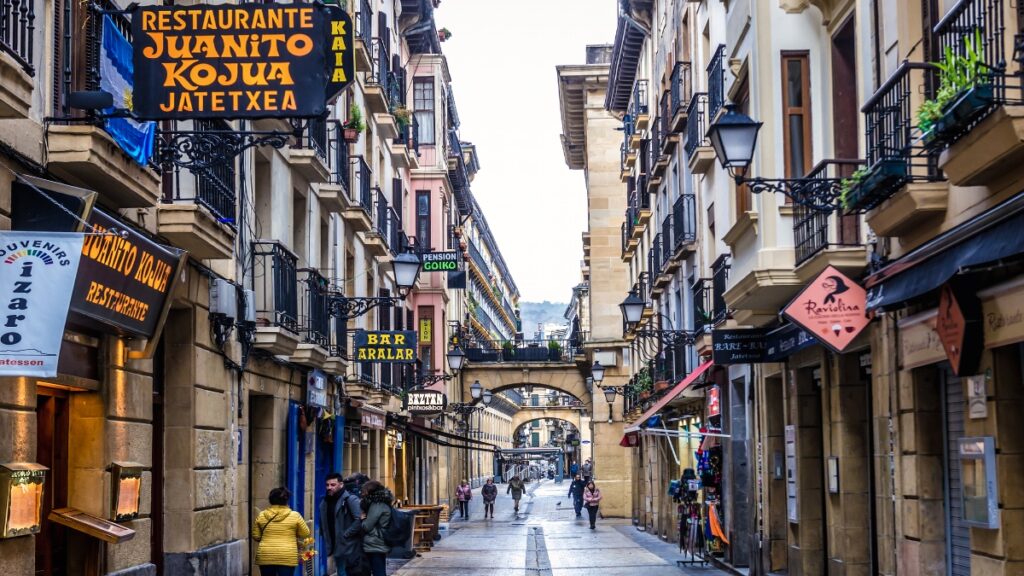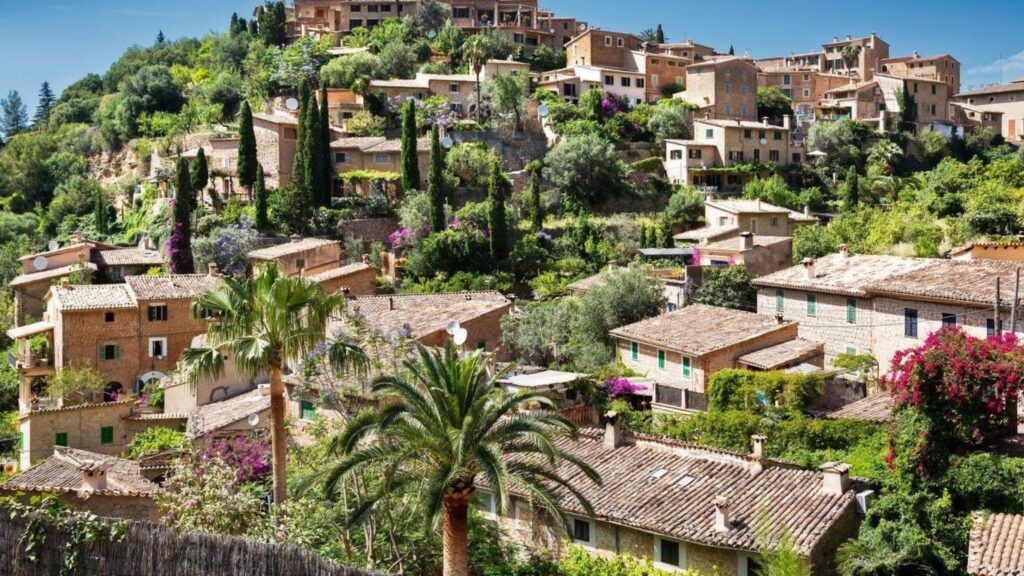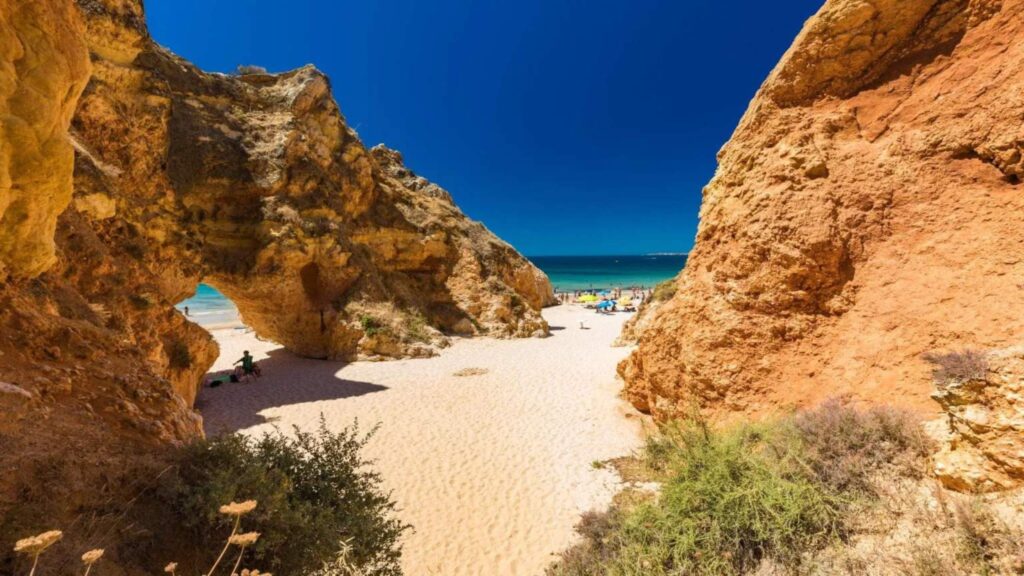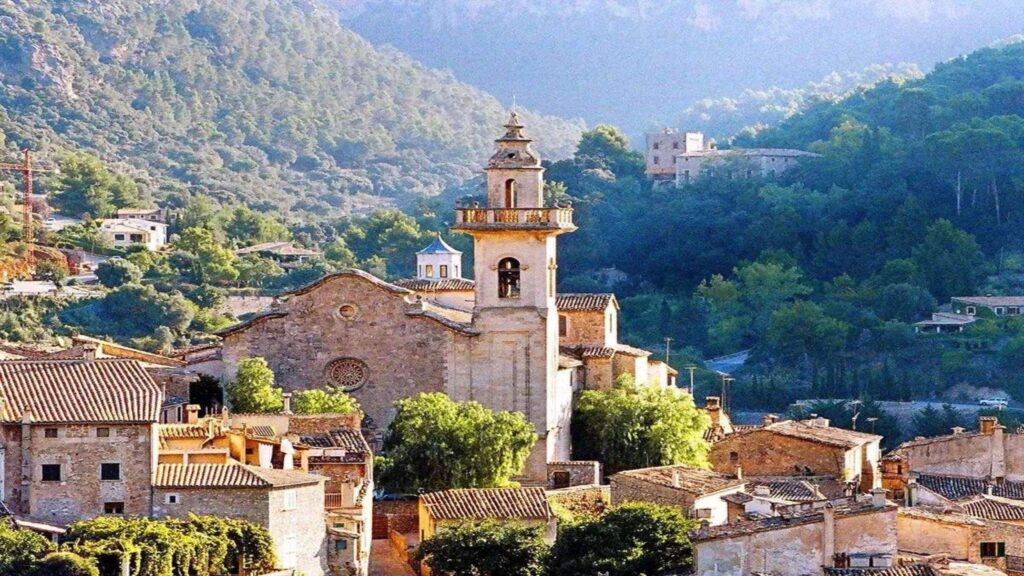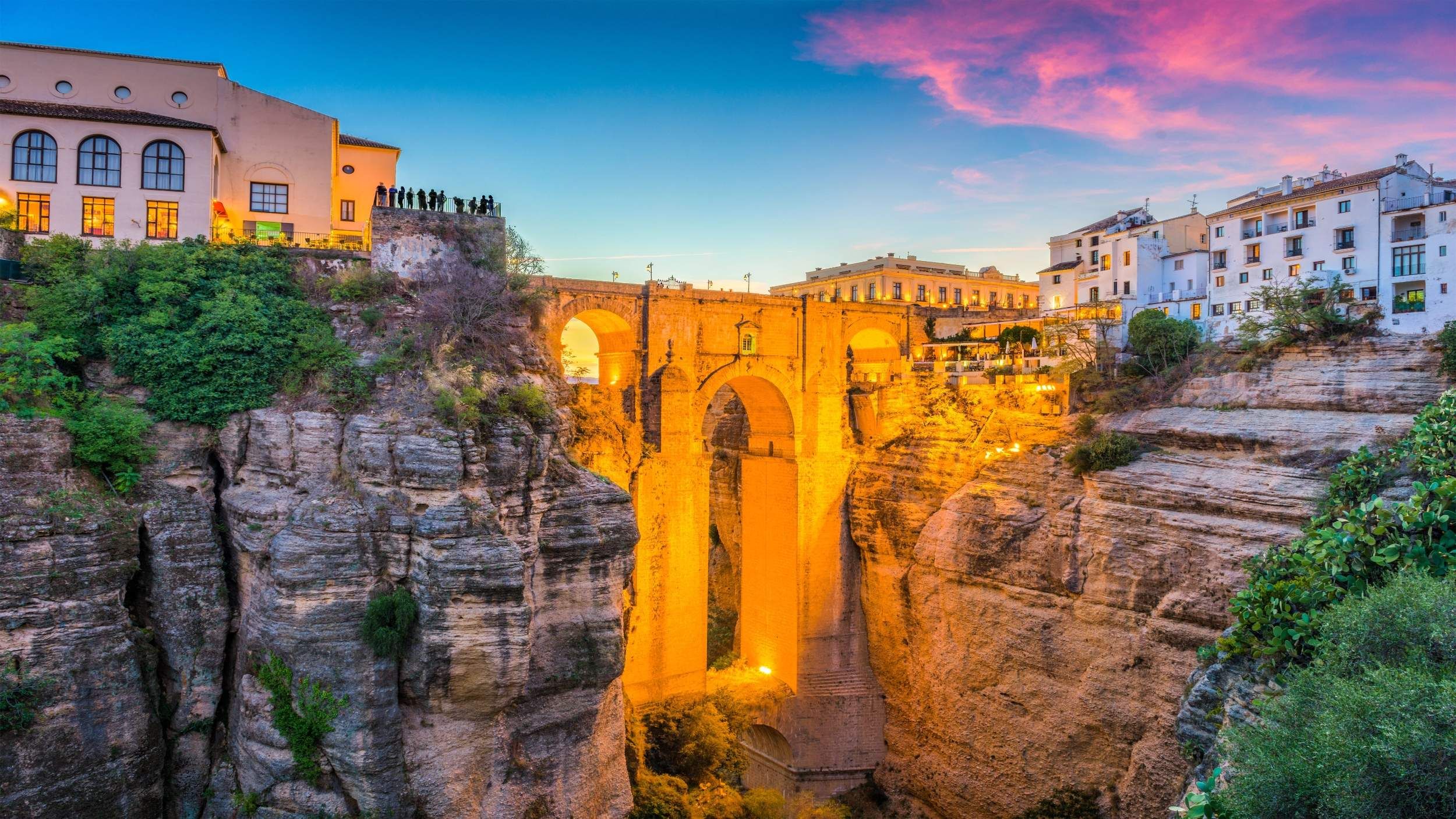
Southern Spain Travel Itinerary: Essential Planning Guide
The enchanting landscapes stretch from coastal paradises to mountainous interiors, making this region uniquely diverse. Creating a Southern Spain travel itinerary allows you to experience both traditional and modern aspects. Most visitors dedicate between 10 to 14 days for exploration.
See also: Is Madrid worth visiting?
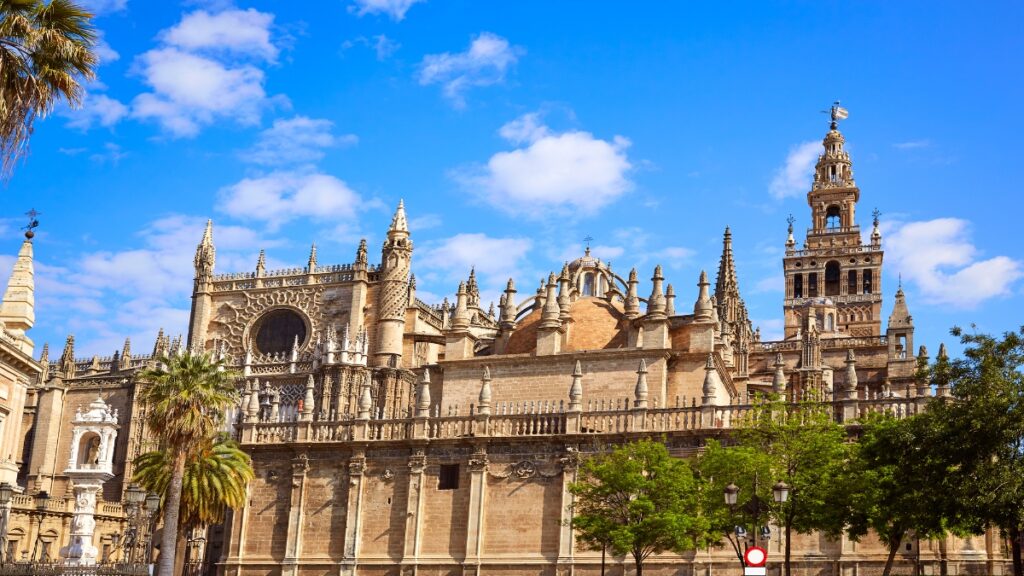
Planning Your Southern Spain Journey: Routes and Tips
Professional tour guides in Granada recommend starting your journey from the northern regions. The Southern Spain travel itinerary becomes more manageable when you understand regional transportation links. Such as the high-speed rail network connecting major cities and cultural centres.
Strategic planning ensures optimal experiences throughout different seasons and locations. While summer temperatures soar inland, coastal areas provide refreshing alternatives. Therefore, many travellers choose spring or autumn for their visits.
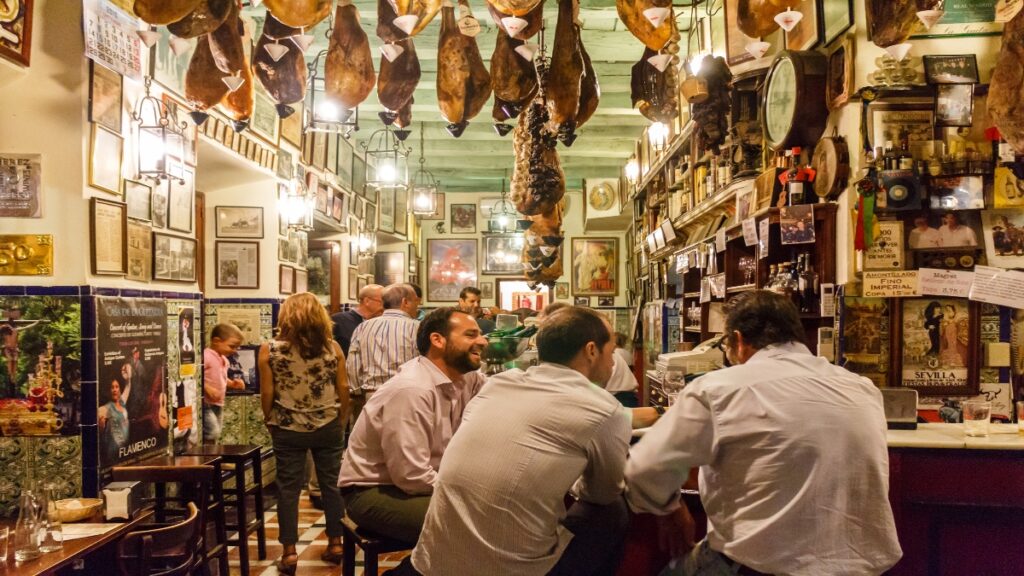
Essential Travel Resources for Mediterranean Adventures
Experienced travellers visiting Córdoba suggest downloading offline maps and transport schedules. Your Southern Spain travel itinerary should account for daily siesta times and local festivals. In fact, most historical sites operate on specific seasonal schedules.
Local customs shape the rhythm of daily activities throughout the region. Even though major attractions maintain regular hours, smaller venues follow traditional schedules. As a result, successful itineraries adapt to these cultural patterns.
Understanding regional festivals enriches your travel experience significantly. Particularly during major celebrations, accommodation availability can become limited. Therefore, booking well in advance ensures comfortable arrangements throughout your journey.
See also: Travel Guide to Nerja, Spain
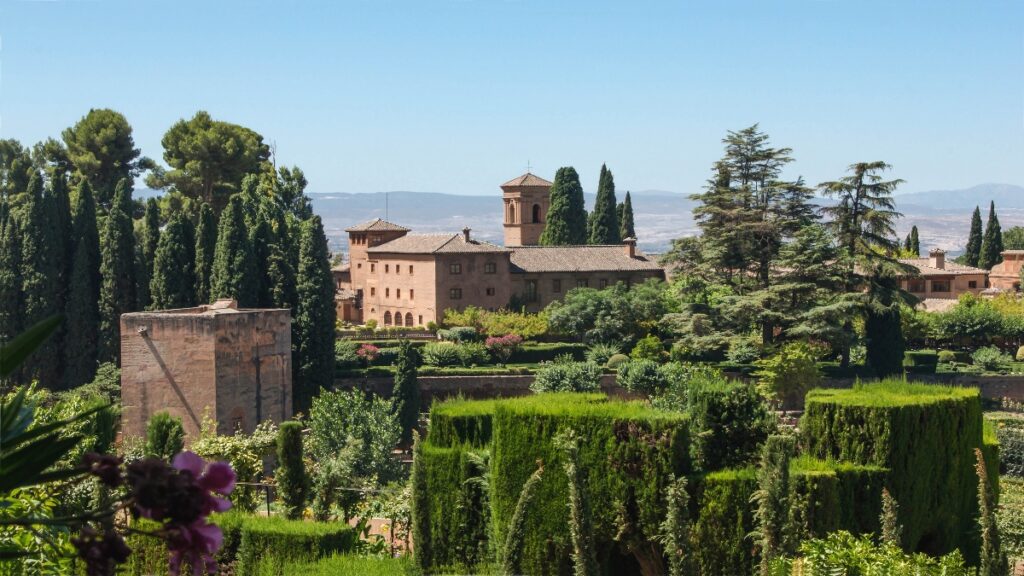
Best Cities to Include in Your Andalusian Adventure
The cultural treasures of this region span across historical urban centres and modern metropolises. A Southern Spain travel itinerary allows visitors to explore centuries of architectural evolution. Even so, each city maintains its unique character.
Southern Spain’s Historic Cities: Cultural Highlights
Ancient streets wind through Seville’s historic Jewish quarter, revealing hidden courtyards. The Southern Spain travel itinerary must include sufficient time for exploring iconic landmarks. In fact, the Royal Alcazar stands as a testament to Moorish architectural brilliance.
Traditional afternoons unfold amid orange-scented plazas and bustling tapas bars. While summer temperatures soar, early morning and evening explorations prove most rewarding. Therefore, planning your daily schedule around weather patterns enhances the experience.
Best Ways to Navigate Between Destinations
Strategic planning ensures smooth transitions when visiting Granada. Your Southern Spain travel itinerary should consider transportation links between major attractions. Such as high-speed rail services connecting principal urban centres.
Local transport options vary significantly between different cities and regions. Although metro systems serve larger cities, historic centres are best explored on foot. As a result, choosing centrally located accommodation maximizes exploration opportunities.
Understanding festival calendars helps avoid unexpected crowds and higher prices. Particularly during major celebrations, accommodation options become limited in popular destinations. That is why advance planning becomes essential for comfortable city experiences.
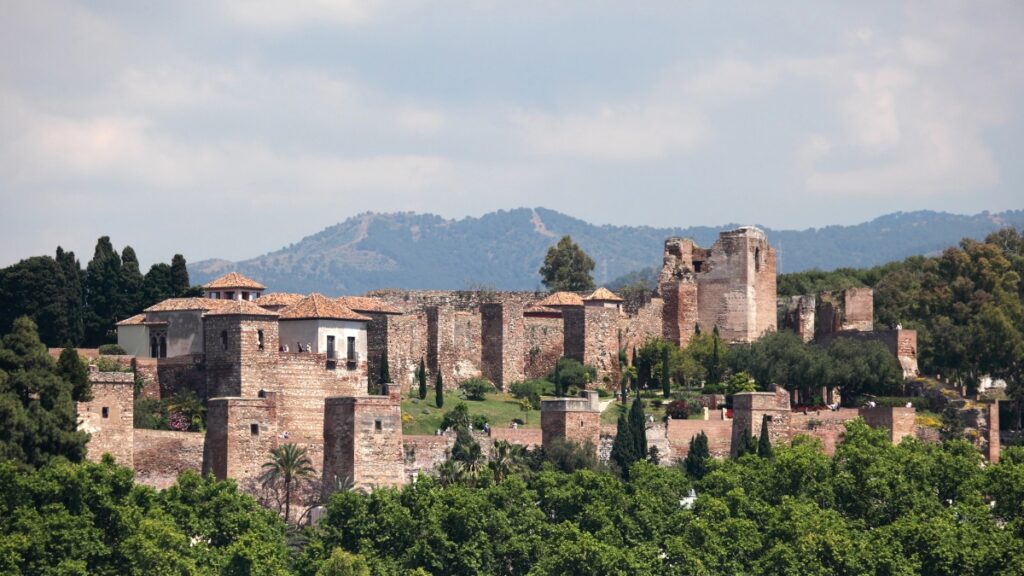
Southern Spain Travel Itinerary: Mediterranean Coastal Route
The gentle waves lap against historic watchtowers and golden beaches along the shoreline. A Southern Spain travel itinerary through this coastal paradise reveals hidden coves and vibrant towns. Therefore, most visitors dedicate ample time to explore these maritime treasures.
Southern Spain Beach Route: Coastal Treasures
Seaside adventures begin in bustling Málaga with its sophisticated cultural scene. The Southern Spain travel itinerary combines sun-soaked relaxation with historical exploration. In fact, ancient Phoenician ruins stand alongside modern artistic venues.
Local fishing boats still dot traditional harbours throughout the coastline. While luxury yachts fill modern marinas, authentic fishing villages maintain their charm. That is why many travellers seek out these authentic coastal experiences.
Seaside Towns and Hidden Coves
Maritime traditions thrive in Nerja, where clifftop restaurants overlook crystalline waters. Your Southern Spain travel itinerary should include time for discovering secluded beaches. Such as hidden coves accessible only by coastal walking paths.
Ancient watchtowers stand guard along dramatic limestone cliffs. Although modern resorts dominate certain areas, unspoiled beaches remain easily accessible. As a result, visitors can experience both luxury and natural beauty.
Strategic timing ensures optimal experiences at popular coastal destinations. Particularly during summer months, early morning exploration proves most rewarding. Therefore, planning activities around midday heat maximizes enjoyment of outdoor attractions.
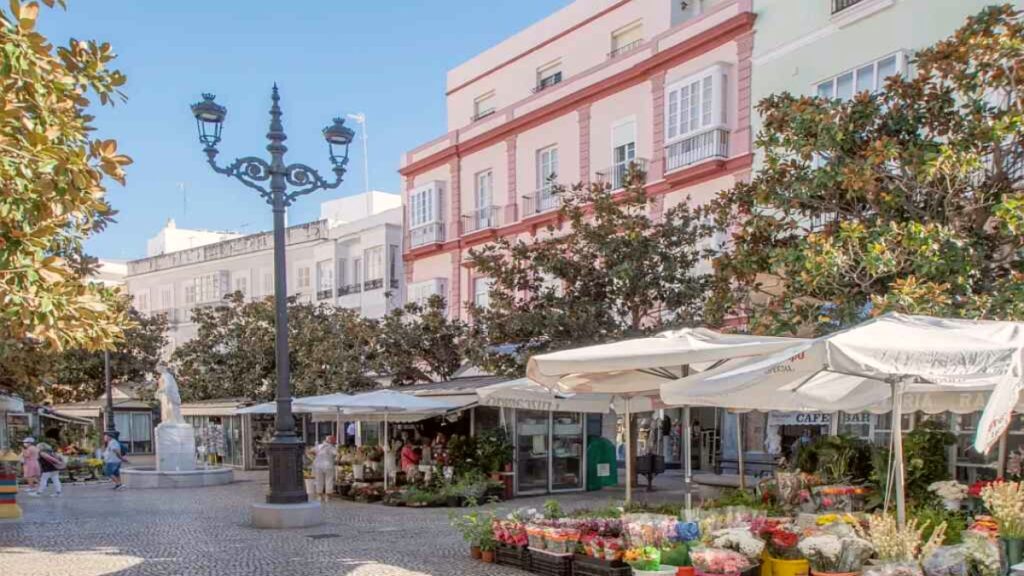
Customizing Your Perfect Spanish Journey
The diverse regions offer experiences that change dramatically with the seasons. A Southern Spain travel itinerary requires careful consideration of weather and festivals. As a result, timing significantly impacts your travel experience.
Southern Spain Planning: Seasonal Considerations
Spring festivals transform Cádiz into a vibrant celebration of culture and tradition. Your Southern Spain travel itinerary should align with optimal weather conditions for outdoor exploration. In fact, spring and autumn offer pleasant temperatures with fewer crowds.
Traditional celebrations come alive during winter months in historic centres. While summer brings intense heat, winter provides unique cultural opportunities. Therefore, each season presents distinct advantages for travellers.
Adventure Activities Along the Coast
Local experiences thrive in Tarifa, where water sports enthusiasts gather year-round. The Southern Spain travel itinerary can accommodate spontaneous discoveries and extended stays. Such as unexpected festivals or captivating coastal adventures.
Experienced travellers recommend maintaining flexibility in daily schedules. Although major attractions require advance booking, unplanned discoveries often prove memorable. That is why building adaptable itineraries enhances travel experiences.
Strategic transportation planning enables smooth transitions between destinations. Particularly when incorporating day trips to surrounding villages and attractions. Even so, establishing comfortable bases in major cities provides stability.
Unusual Things to Do in Barcelona
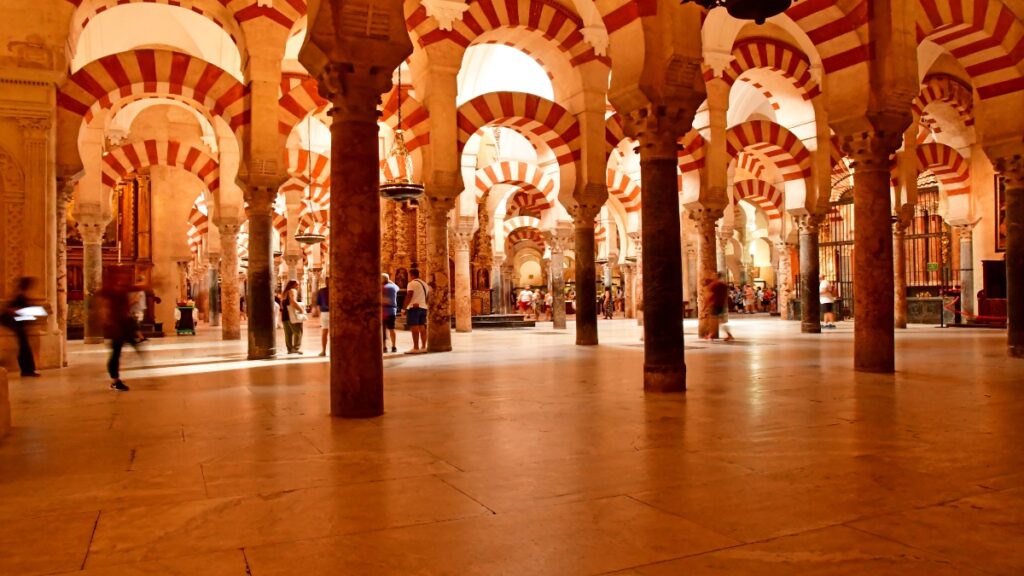
Andalusian Heritage and Historic Landmarks
The architectural marvels span centuries of diverse cultural influences and artistic styles. Furthermore, through these historic treasures reveals magnificent Islamic designs. Therefore, careful planning ensures comprehensive exploration of key sites.
Southern Spain’s Ancient Landmarks: Visitor Guide
Intricate geometric patterns adorn the walls of Córdoba’s magnificent Mezquita-Cathedral. Additionally, you should allocate sufficient time for exploring architectural details. In fact, the historic Jewish Quarter contains hidden courtyards and ancient synagogues.
Local traditions thrive within these ancient stone walls and narrow streets. While modern life continues, medieval architectural elements remain perfectly preserved. That is why many visitors extend their stay in historic centres.
Exploring Moorish Architecture and History
Dramatic landscapes surround Ronda’s iconic Puente Nuevo bridge spanning the gorge. Especially, you must balance major landmarks with lesser-known historical sites. Such as hidden Arab baths and preserved city walls.
Ancient pathways connect remarkable historical monuments throughout the region. Although high-speed trains offer convenient travel between sites, walking tours reveal hidden details. As a result, combining both transport methods maximizes exploration opportunities.
Professional guides provide invaluable insights into architectural and cultural heritage. Particularly when exploring complex historical sites with multiple cultural influences. Therefore, guided tours enhance understanding of these magnificent monuments.
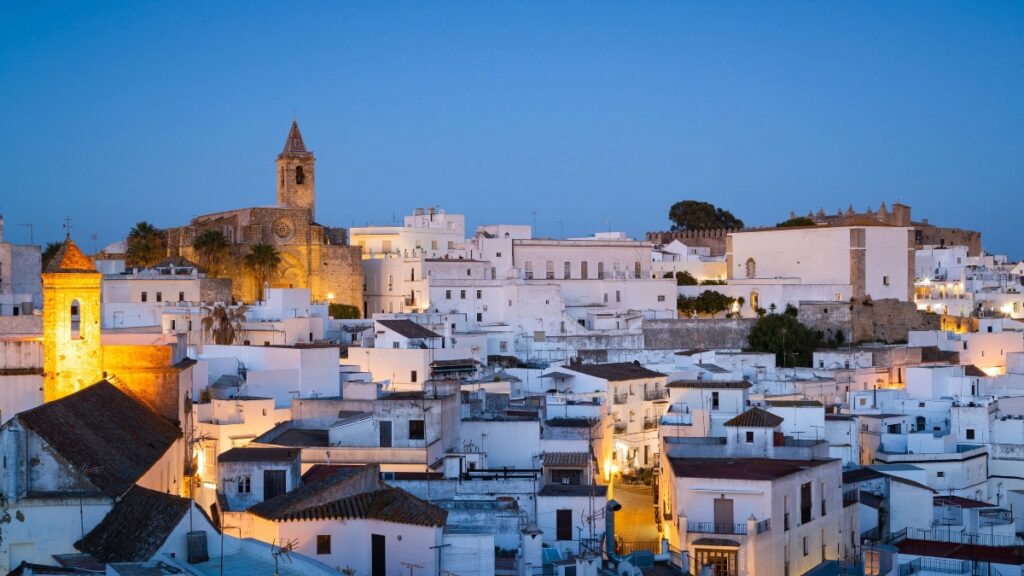
Southern Spain Travel Itinerary: Hidden Gems and Local Experiences
Traditional villages perch atop hills like delicate white crowns across the landscape. Moreover, through these hidden corners reveals authentic cultural experiences. In fact, stepping away from tourist routes offers remarkable rewards.
Southern Spain Off-Beat Destinations: Local Secrets
Ancient traditions flourish in Vejer de la Frontera’s winding cobblestone streets. Additionally, you should include time for exploring lesser-known villages. Even though tourist crowds flock to major cities, these pueblos blancos retain authenticity.
Morning light bathes whitewashed walls as local markets come alive. While larger cities offer modern attractions, village life maintains traditional rhythms. Therefore, early morning visits provide genuine glimpses into local culture.
Authentic Village Experiences and Traditions
Cultural heritage thrives in Frigiliana’s narrow hillside passages and hidden squares. Certainly, local festival experiences enrich your journey. Such as intimate flamenco performances in family-owned tabernas.
Traditional crafts continue to flourish in village workshops and markets. Although modernization touches every corner, ancient skills remain carefully preserved. As a result, visitors can witness centuries-old traditions firsthand.
Local celebrations reveal authentic aspects of regional culture and tradition. Particularly during village festivals, when communities showcase their unique customs. That is why exploring these hidden gems provides unforgettable travel experiences.

Cultural Highlights and Regional Traditions
The vibrant traditions shape daily life throughout this passionate region. However, through these cultural experiences reveals timeless customs. That is why understanding local rhythms enhances travel experiences significantly.
Southern Spain’s Cultural Heritage: Festival Guide
Traditional flamenco performances captivate audiences in Jerez de la Frontera’s historic venues. Your Southern Spain travel itinerary should include authentic cultural performances and celebrations. In fact, spontaneous street performances often surpass staged shows in emotional intensity.
Local festivals transform ordinary streets into vibrant celebrations of tradition. While tourist shows offer convenience, authentic venues provide genuine cultural experiences. Therefore, seeking out traditional tablaos enriches your cultural understanding.

Traditional Customs and Local Life
Culinary traditions thrive in Sanlúcar de Barrameda’s bustling tapas districts. The Southern Spain travel itinerary becomes enhanced through participation in evening paseos. Such as joining locals for traditional late-night dinners and social walks.
Ancient customs guide the rhythm of daily life and social interactions. Although modern influences exist, traditional schedules still determine local activities. As a result, adapting to these patterns provides authentic cultural immersion.
Understanding local timing proves essential for experiencing genuine traditions. Particularly during festival seasons, when communities celebrate their cultural heritage. Even so, everyday customs offer equally enriching cultural experiences.
While Andalusia offers a rich tapestry of experiences, Spain’s diversity extends to its islands and northern regions as well. The volcanic landscapes of Tenerife and the culinary delights of San Sebastian showcase the country’s varied attractions.
Keep Reading for More Inspiration!
Planning A Southern Spain Travel Itinerary
Finding Travel Insurance: Comprehensive protection shields visitors against unexpected medical costs and travel disruptions while abroad. In fact, EKTA Insurance specializes in customized coverage options with 24-hour emergency assistance for international travellers.
Booking Perfect Accommodation: Authentic lodging transforms ordinary trips into immersive cultural experiences beyond typical tourist encounters. As a result, Booking.com features everything from family-run guesthouses to luxury hotels with detailed neighborhood information.
Car Hire Services: Freedom to explore hidden gems and scenic routes comes through personal transportation without fixed schedules or limitations. Therefore, Rentalcars.com offers vehicles across multiple price points with transparent policies and no hidden fees.
Travel Booking Solutions: Seamless connection planning eliminates common travel headaches when coordinating multiple transportation segments across regions. Indeed, Omio simplifies complex journeys through its comprehensive booking system with real-time schedule updates.

